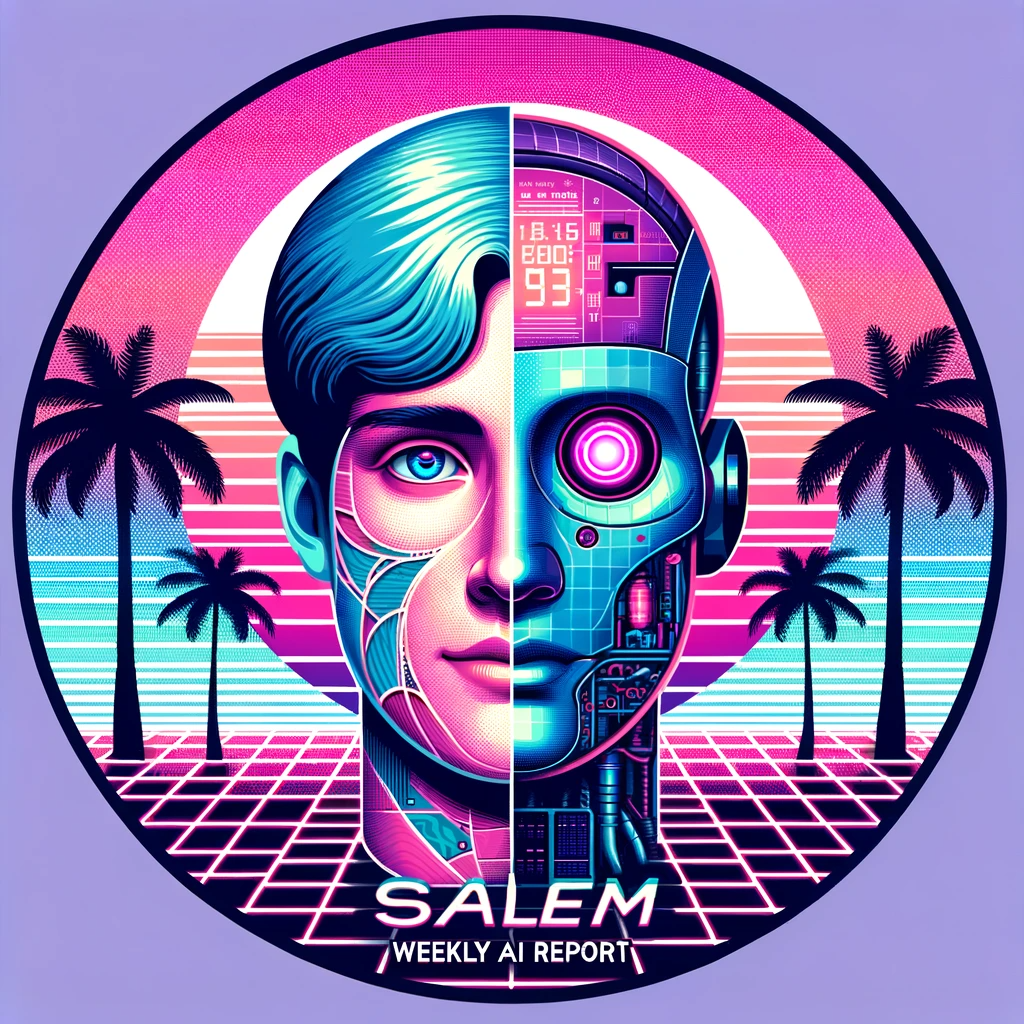
OpenAI Announces New Products and Updates at DevDay Event
OpenAI Unveils New Products and Updates at DevDay Event
Leading artificial intelligence research and deployment company OpenAI has announced a range of new products and updates at its DevDay event. These include the launch of GPT-4 Turbo, a more capable and cheaper version of its flagship language model, as well as the introduction of the Assistants API, which allows developers to build their own AI apps with goals and the ability to call models and tools.
One of the most significant announcements was the launch of GPT-4 Turbo, which is more capable, cheaper, and supports a 128K context window. This model is also optimized for performance, making it 3x cheaper for input tokens and 2x cheaper for output tokens compared to GPT-4. GPT-4 Turbo is available for all paying developers to try, with a preview version released today, and the stable production-ready model set to be released in the coming weeks.
OpenAI has also introduced the Assistants API, which provides new capabilities such as Code Interpreter, Retrieval, and function calling. This API is designed for flexibility and allows developers to build high-quality AI apps without the need for complex code. The Assistants API is built on the same capabilities that enable OpenAI’s new GPTs product, including custom instructions and tools such as Code interpreter, Retrieval, and function calling.
Another new feature is the ability for GPT-4 Turbo to accept images as inputs in the Chat Completions API, enabling use cases such as generating captions, analyzing real-world images in detail, and reading documents with figures. This feature is available by using gpt-4-vision-preview in the API, and pricing depends on the input image size, with prices starting at $0.00765 for an image with 1080x1080 pixels.
OpenAI has also integrated DALL·E 3, its powerful image generation model, directly into its apps and products through its Images API. Companies such as Snap, Coca-Cola, and Shutterstock have used DALL·E 3 to programmatically generate images and designs for their customers and campaigns. The API incorporates built-in moderation to help developers protect their applications against misuse, and pricing starts at $0.04 per image generated.
In addition, OpenAI has introduced text-to-speech (TTS) capabilities, allowing developers to generate human-quality speech from text. The new TTS model offers six preset voices to choose from and two model variants, tts-1 and tts-1-hd. TTS is optimized for real-time use cases, and tts-1-hd is optimized for quality. Pricing starts at $0.015 per input 1,000 characters.
OpenAI has also announced lower prices and higher rate limits across its platform. GPT-4 Turbo input tokens are 3x cheaper than GPT-4 at $0.01 and output tokens are 2x cheaper at $0.03. GPT-3.5 Turbo input tokens are 3x cheaper than the previous 16K model at $0.001, and output tokens are 2x cheaper at $0.002. Fine-tuned GPT-3.5 Turbo 4K model input tokens are reduced by 4x at $0.003, and output tokens are 2.7x cheaper at $0.006. Older models also benefit from a 33% reduction on input tokens at $0.001.
OpenAI has also doubled the tokens per minute limit for all its paying GPT-4 customers. Developers can view their new rate limits in their rate limit page, and OpenAI has published its usage tiers that determine automatic rate limits increases, so customers know what to expect in how their usage limits will automatically scale.
OpenAI has also announced Copyright Shield, a new feature that will defend its customers and pay the costs incurred if they face legal claims around copyright infringement. This applies to generally available features of ChatGPT Enterprise and its developer platform.
OpenAI has also released Whisper large-v3, the next version of its open-source automatic speech recognition model (ASR), which features improved performance across languages. The company also plans to support Whisper v3 in its API in the near future.
Finally, OpenAI has open-sourced the Consistency Decoder, a drop-in replacement for the GPT-3 decoder, which improves the consistency of generated text by reducing repet

